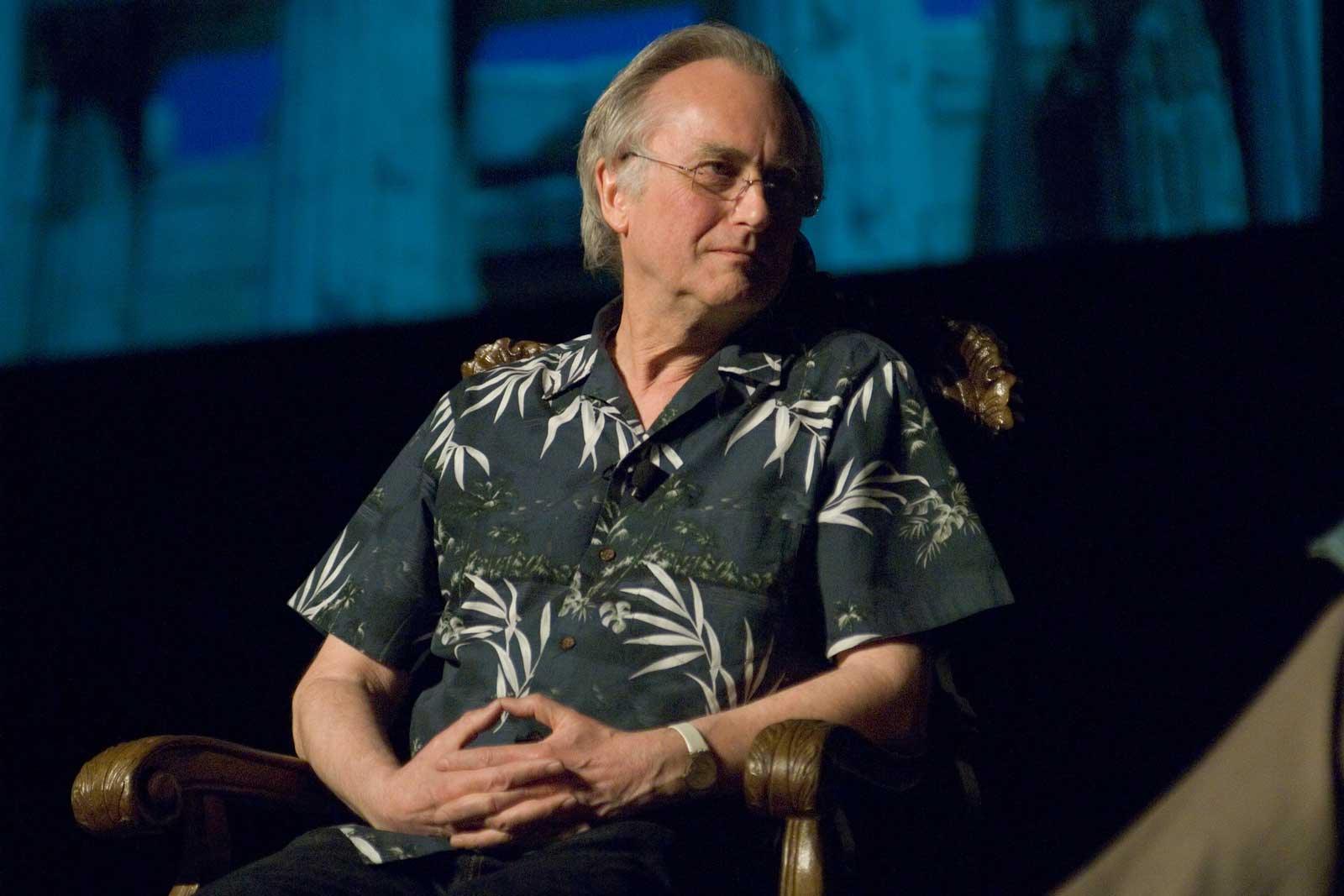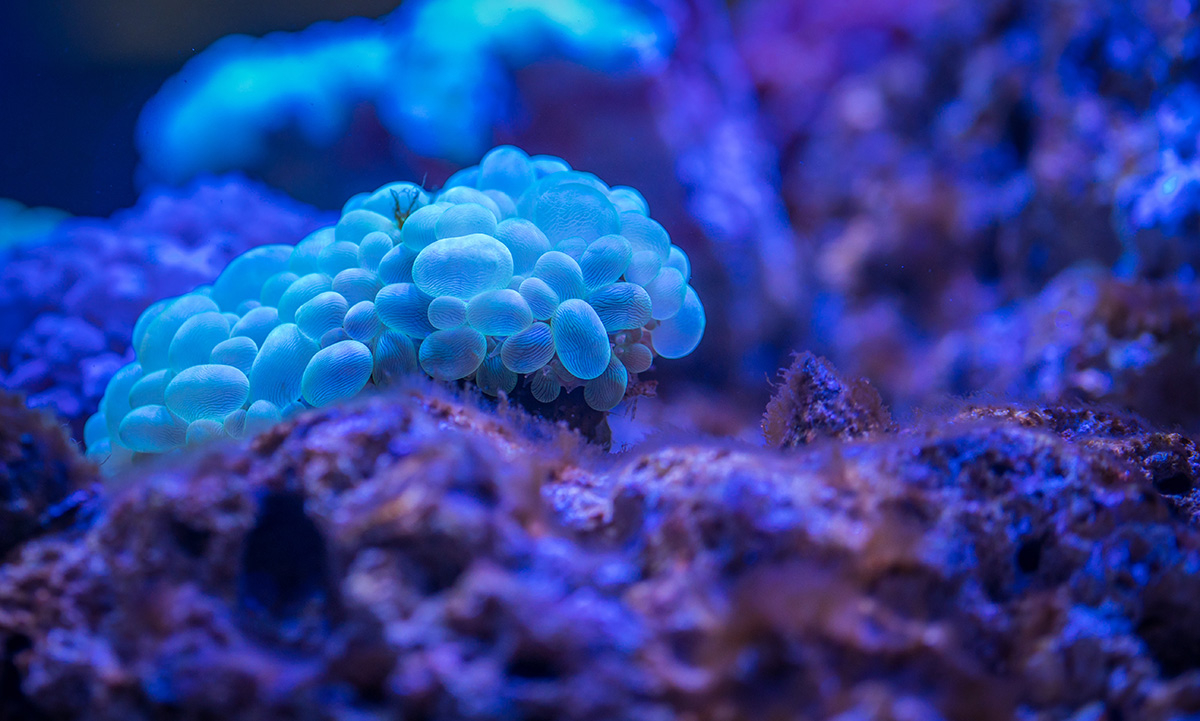The Second Law of Thermodynamics Debunks Evolution
The theory of evolution is widely accepted academically as the source of life as we know it. But is this theory actually scientifically valid? Does evolution hold true when tested and tried by science? Here we will examine why the second law of thermodynamics debunks evolution.
Evolution is absolutely paramount to the atheistic worldview. Without it, atheists would need a new explanation for the current state of life on our planet. Let’s examine evolution and see if it actually stands up to science.
The Laws of Thermodynamics
But what is the second law of thermodynamics exactly? Why exactly does it debunk or discredit the theory evolution? To begin, lets look at all of the laws of thermodynamics:
The four laws of thermodynamics define fundamental physical quantities (temperature, energy, and entropy) that characterize thermodynamic systems at thermal equilibrium. The laws describe how these quantities behave under various circumstances, and forbid certain phenomena (such as perpetual motion).
These laws are fundamental laws of physics. They explain physical phenomena and behavior in regards to temperature, energy and entropy. The laws of thermodynamics are absolutely crucial in understanding how the physical world (i.e. everything in the universe) operates.
But since we are focusing only on the second law of thermodynamics, lets take a closer look.
Entropy
The second law of thermodynamics deals with entropy in an isolated system. In order to fully understand this law, we need to first define and clarify what entropy is. Entropy is defined as:
a thermodynamic quantity representing the unavailability of a system’s thermal energy for conversion into mechanical work, often interpreted as the degree of disorder or randomness in the system.
In other words, entropy is the level of disorder or degeneration of a system. It is essentially the natural process of disintegration of a system. Entropy is often used to describe the “Arrow of Time”, which asserts that certain processes move in a one way direction with respect to time, and can’t be reversed.
An natural example of entropy would be aging. Aging is a process of degradation and degeneration directly related to time. The more time that goes by, the more the human body breaks down and degenerates. This is an inevitable and irreversible process which all life, whether human, plant, animal, etc., is subject to.
The Second Law of Thermodynamics Debunks Evolution
We will examine why the second law of thermodynamics directly contradicts evolution. But what exactly is this law and how is it related to evolution? The second law of thermodynamics states:
that the total entropy of an isolated system can never decrease over time. In all spontaneous processes, the total entropy always increases and the process is irreversible.
This law concludes the more time goes by, the more a system (i.e. carbon life) breaks down and degenerates. The more time goes by, more entropy there is. This implies that systems do not improve over time, but rather diminish over time.
Evolution Contradicts the Second Law of Thermodynamics
This is why the second law of thermodynamics debunks evolution. Evolution is defined as:
the gradual development of something, especially from a simple to a more complex form.
However based on the second law of thermodynamics, we see that things do not develop over time, but rather break down and decay. Evolution directly contradicts this law claiming that systems can actually improve over time, even becoming more complex! These two concepts obviously conflict with each other.








Thanks for your comment. I have heard many people refute that the Second Law of Thermodynamics doesn’t debunk evolution because of the closed-system reason you just pointed out.
However I would argue that we have never observed a system, closed nor open, improve over time. Whether it is organic or inorganic, all systems deteriorate and diminish over time. These systems do not improve by natural occurrence.
All organic life breaks down over time and becomes more chaotic. Additionally, genetic mutations always result in negative abnormalities or deformities.
Your thoughts?
“All organic life breaks down over time and becomes more chaotic. Additionally, genetic mutations always result in negative abnormalities or deformities.”
Your argument is in reference to the second law of thermodynamics, your above statement seems to create a new law of genetics that you cannot make due to lack of qualifications (both in training and observations). Thermodynics really has nothing to do with the biological systems of biogenesis, genetics, or evolution as they are different scientific fields. You are trying to apply a Speed limit posted for an interstate highway to the autobon. You don’t get to do that.
Furthermore, what we observe within genes isn’t chaos or organization so much as change. Change, tiny changes some Of which are preferred to the survival of their bearers while. Othe
Yes I agree my rebuttal was not regarding the Second Law of Thermodynamics. I should have stayed on topic however I think the points I raised were relevant and applicable.
Can we agree that this law of thermodynamics can be summarized by an ever increasing amount of entropy, aka chaos or disorder, over time? Yes it is in regards to a closed system, but can you provide examples of entropy decreasing in open systems over time? Yes when an organism eats or intakes sunlight there is a renewal of energy, but the organism still decays and breaks down over time, because of less order in the system.
I have to admit I am nothing close to an expert on this topic, but I feel that it’s basic principles are contradictory to evolution.